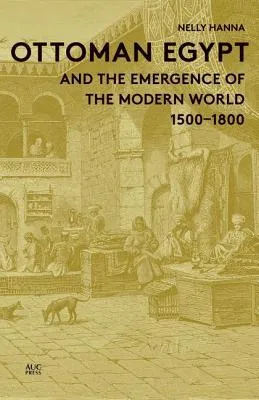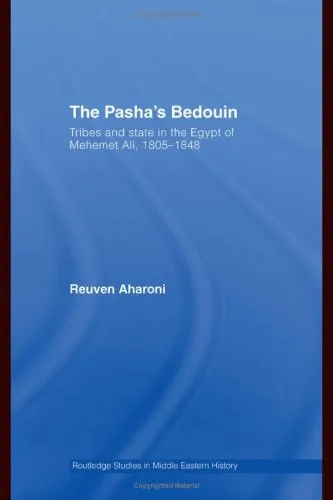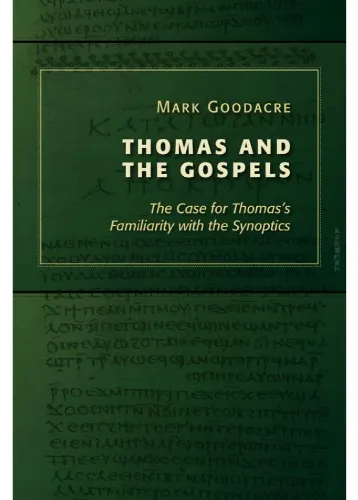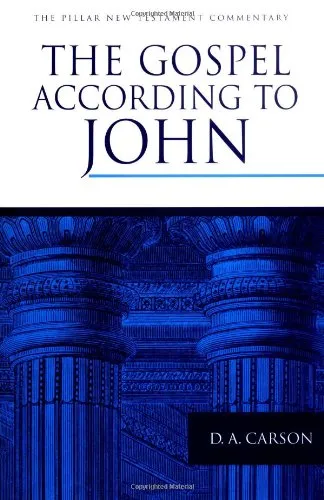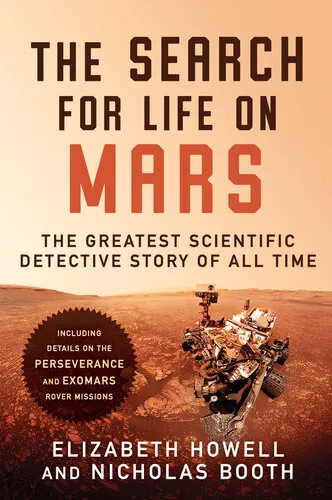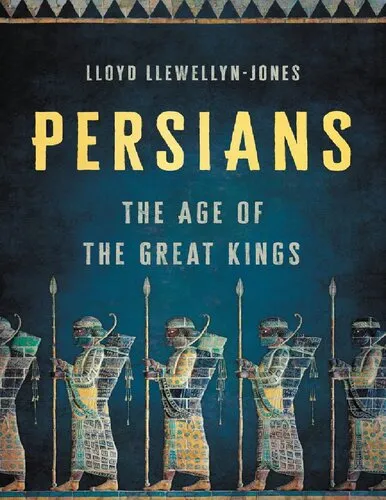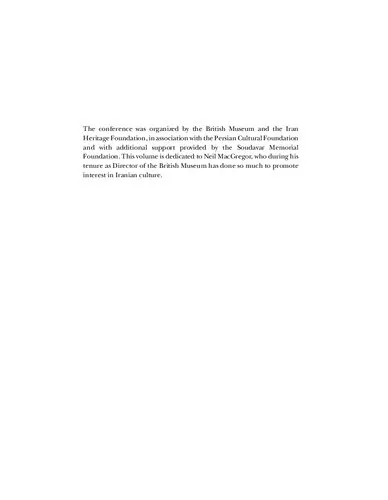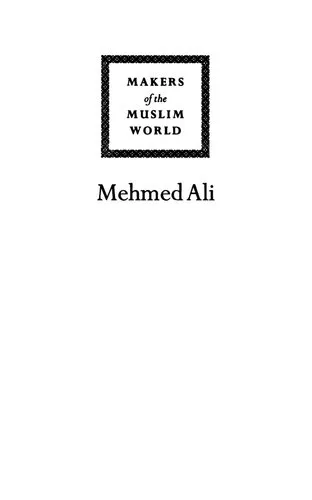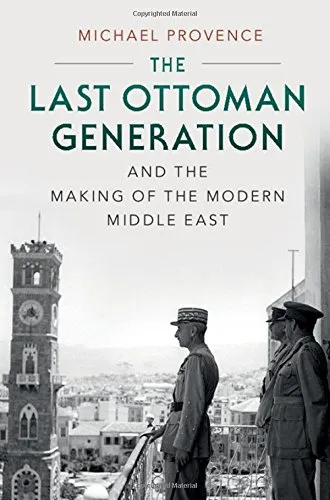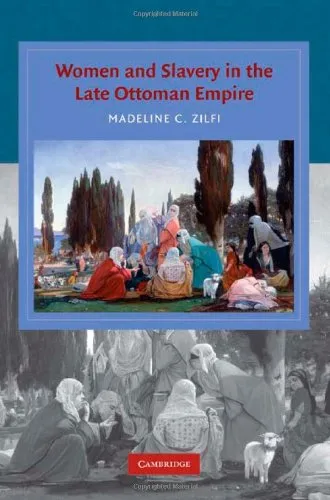Ottoman Egypt and the Emergence of the Modern World: 1500-1800
4.5
Reviews from our users

You Can Ask your questions from this book's AI after Login
Each download or ask from book AI costs 2 points. To earn more free points, please visit the Points Guide Page and complete some valuable actions.Related Refrences:
Introduction to "Ottoman Egypt and the Emergence of the Modern World: 1500-1800"
"Ottoman Egypt and the Emergence of the Modern World: 1500-1800" offers a thought-provoking analysis of a pivotal period in Egyptian history and its global implications. Written by Nelly Hanna, this seminal work delves into the transformative years during Egypt's governance under the Ottoman Empire, questioning established views of the region's supposed stagnation and its role in shaping the modern world as we know it today. Through meticulously researched narratives and critical insights, Hanna challenges Eurocentric historical frameworks and repositions Ottoman Egypt as a vital hub of global economic, cultural, and political change.
The book spans a period of three centuries, a time when Egypt was integrated into a thriving Ottoman system that facilitated the cross-continental exchange of goods, ideas, and innovation. Contrary to the narrative of decline often associated with the Ottoman provinces, Hanna illustrates how Egypt adapted to global challenges, evolving its structures and practices in ways that continue to resonate in the present. This text stands as an indispensable resource for scholars, students, and anyone eager to explore a nuanced and dynamic perspective of history.
Detailed Summary of the Book
The book is divided into key thematic sections that collectively address how Egypt under Ottoman rule played a decisive role in shaping the trajectory of the modern world. Hanna underscores the significance of economic structures, cultural evolution, and urban developments during this period.
In the economic realm, the book reveals how Egypt functioned as a critical node in global trade networks, connecting the Mediterranean to the Indian Ocean. Rather than declining under Ottoman rule, Egypt efficiently leveraged its geostrategic location, cultivating a robust agricultural economy and supporting a thriving artisanal culture. The analysis also highlights the increasing importance of cash crops and Egypt's transition toward becoming an active participant in global capitalism.
On a cultural level, Hanna explores the rich exchanges of knowledge and artistry that defined Ottoman Egypt. Egyptians were not merely passive recipients of external influences but active contributors to a network of intellectual and cultural exchange, creating hybrid forms of art, architecture, and learning. The multicultural nature of Ottoman rule in Egypt enriched its cosmopolitan cities, fostering an exchange of ideas that shaped its urban and social fabric.
The book also sheds light on the intricate relationship between local and imperial governance. Far from being overshadowed by Istanbul, local elites in Egypt wielded considerable authority, shaping policies and practices that were highly adaptive to the region’s specific needs. These dynamics underscore the agency of Egyptian actors within the larger Ottoman system.
Ultimately, Nelly Hanna contests the simplified narrative that views Egypt's Ottoman era as one of stagnation. Instead, the book positions this period as a fundamental precursor to the transformations of the modern era, connecting Egypt's local developments to larger global changes taking place between 1500 and 1800.
Key Takeaways
- Ottoman Egypt was an active participant in global trade, adapting to and influencing evolving economic systems.
- The stereotype of Ottoman Egypt as a stagnant society is challenged, revealing a dynamic culture of innovation, agency, and adaptability.
- Local elites played a crucial role in shaping Egypt's governance, bridging the gap between imperial policies and regional needs.
- The cultural and intellectual exchanges occurring in Ottoman Egypt were pivotal in shaping the Mediterranean and Indian Ocean worlds.
- Egypt's experience under Ottoman control offers profound insights into the complexities of historical globalization and modernity.
Famous Quotes from the Book
"To speak of Ottoman Egypt is not to describe a static or isolated entity, but to acknowledge its deep entanglement with the larger currents of global change."
"The Ottomans managed Egypt not as a distant colony, but as an integral and dynamic part of a vast empire, one that was intimately connected with the Mediterranean and beyond."
"The history of Ottoman Egypt is not one of decline but of adaptation, resilience, and agency, shaping the contours of the modern world in ways too significant to overlook."
Why This Book Matters
"Ottoman Egypt and the Emergence of the Modern World: 1500-1800" is more than a historical account; it is a critical intervention in how we view history, modernity, and the global processes that connect them. By restoring Egypt and the Ottoman Empire to their rightful places in the narrative of modern world history, the book dismantles a Eurocentric perspective and highlights the agency and innovation of non-Western societies.
The book is particularly significant for readers interested in decolonizing history and understanding the multifaceted nature of global change. It challenges oversimplified dichotomies such as East versus West or stagnation versus progress, offering instead a nuanced account of interconnected developments that shaped the modern world.
For students and scholars of history, economics, and cultural studies, Hanna's work provides a model of interdisciplinary research and analysis, encouraging us to question deep-seated assumptions about the past. By doing so, it opens up new pathways for appreciating the diversity and complexity of global history.
Whether you are a historian, a student of Middle Eastern studies, or simply an inquisitive reader, this book invites you to rethink the narratives that dominate our understanding of world history and to embrace a more inclusive perspective rooted in interconnectedness and mutual influence.
Free Direct Download
You Can Download this book after Login
Accessing books through legal platforms and public libraries not only supports the rights of authors and publishers but also contributes to the sustainability of reading culture. Before downloading, please take a moment to consider these options.
Find this book on other platforms:
WorldCat helps you find books in libraries worldwide.
See ratings, reviews, and discussions on Goodreads.
Find and buy rare or used books on AbeBooks.
1534
بازدید4.5
امتیاز0
نظر98%
رضایتReviews:
4.5
Based on 0 users review
Questions & Answers
Ask questions about this book or help others by answering
No questions yet. Be the first to ask!
